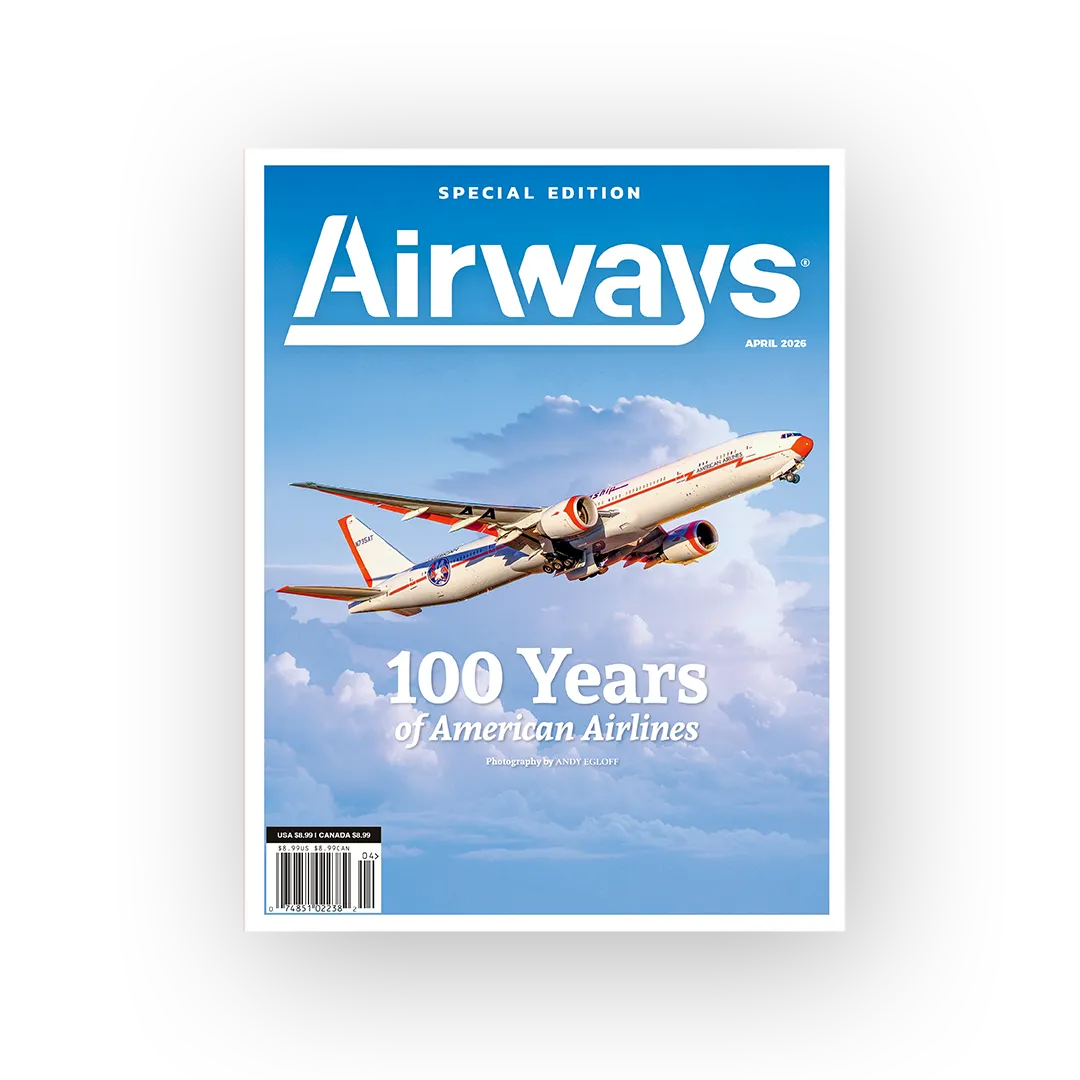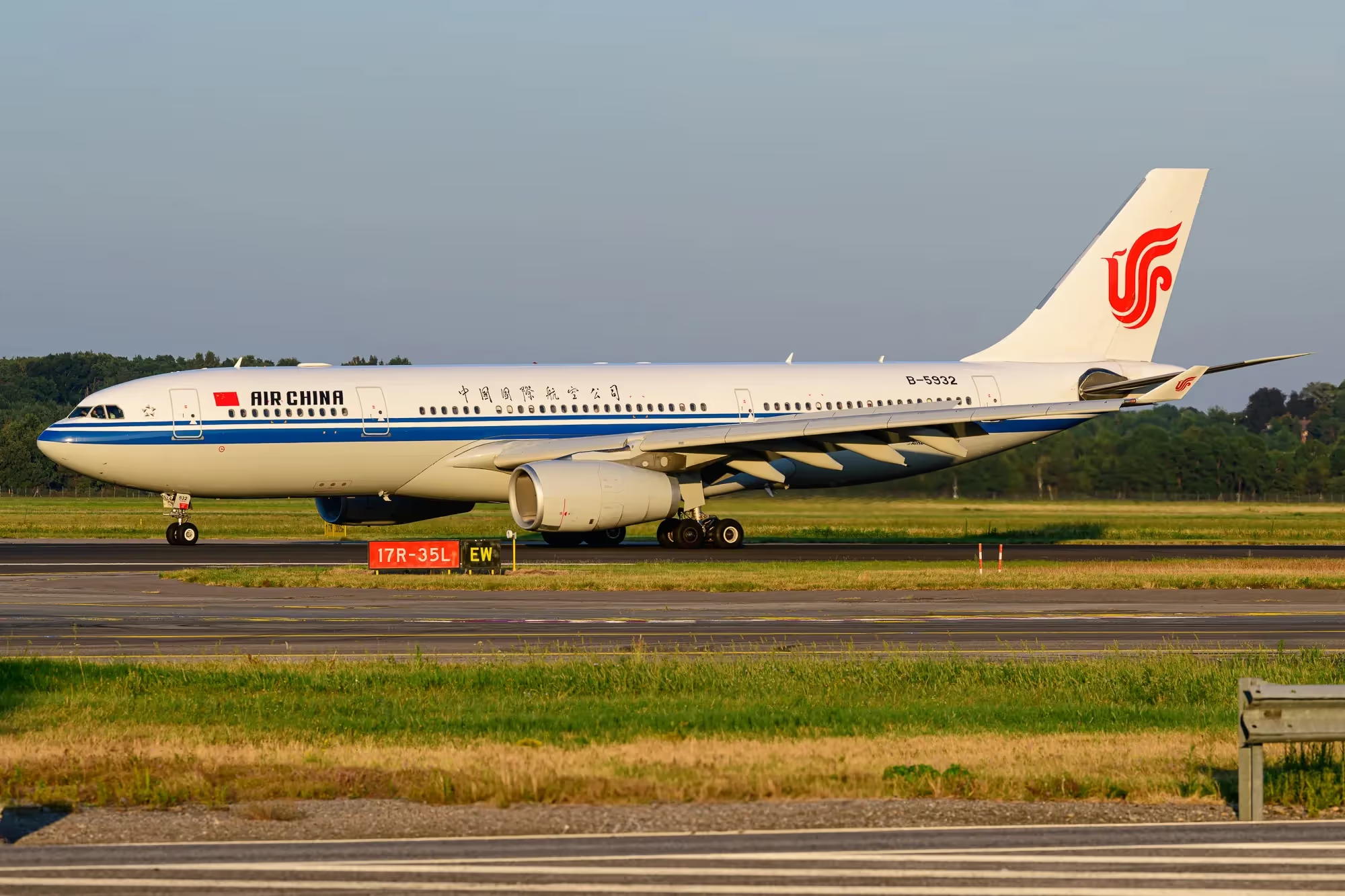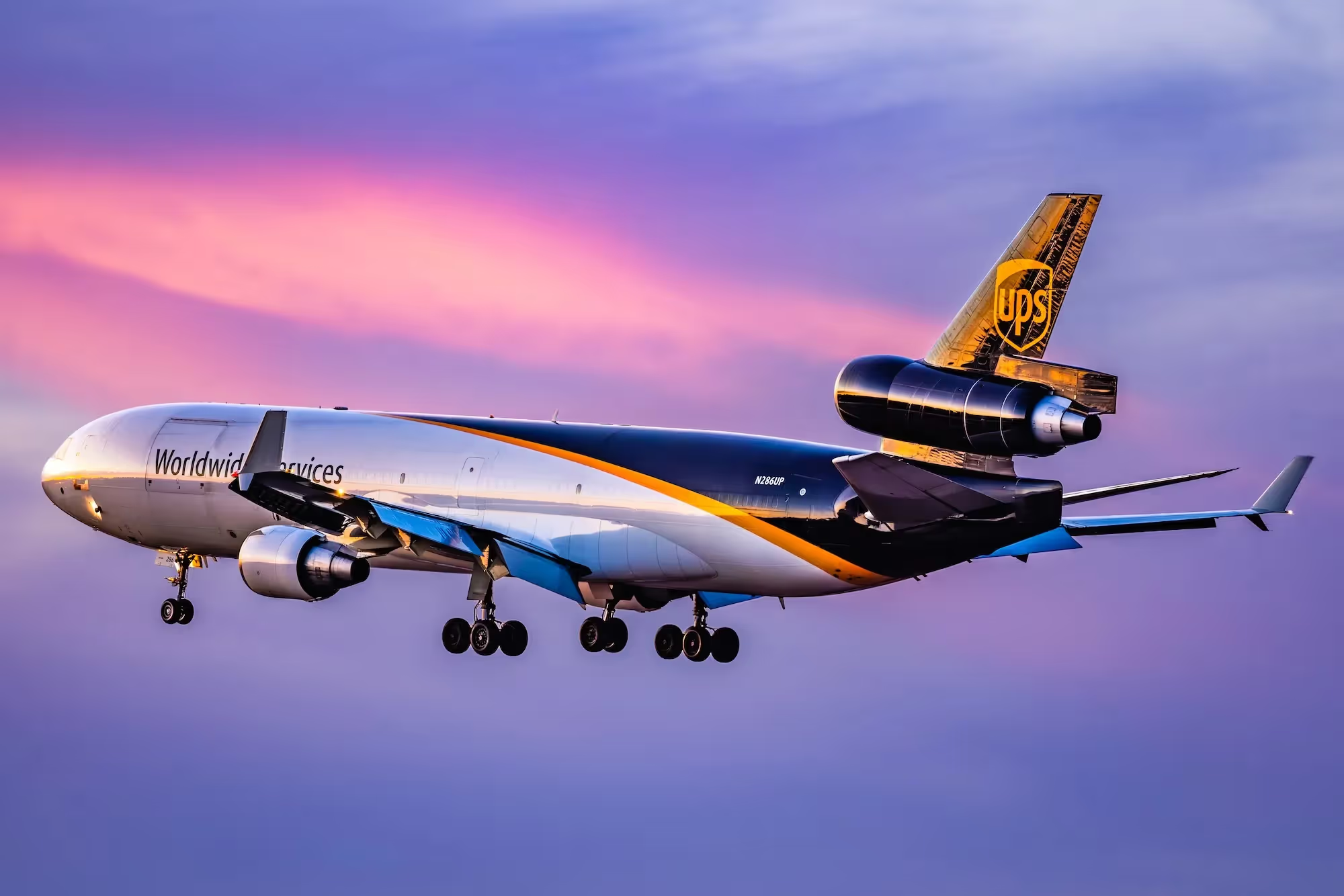SÃO PAULO — Azul Linhas Aéreas Brasileiras’ (AD) shares plummeted on Wednesday after the Brazilian carrier filed for Chapter 11 bankruptcy protection in the United States, following prolonged attempts to restructure its substantial debt accumulated during the pandemic.
Azul’s U.S.-listed shares dropped about 40% in premarket trading, contributing to a year-to-date decline of nearly 70%.
According to a securities filing, AD’s restructuring plan includes:
- US$1.6 billion in financing to support operations during the restructuring process.
- Elimination of over US$2 billion in debt.
- An additional commitment of up to US$950 million in equity financing upon exit from Chapter 11.
“We had accumulated too much debt on our balance sheet, primarily from the COVID era,” CEO John Rodgerson told Reuters. “This process gives us the chance to clean it all up.”
Azul stated it has reached agreements with major stakeholders, including current bondholders, aircraft leasing firm AerCap, and strategic airline partners United Airlines (UA) and American Airlines (AA), who support the reorganization plan.
“We believe we could emerge from Chapter 11 before year-end,” Rodgerson added. “We’re entering this process already thinking about the exit, and we’ve lined up the financing to do it.”
Prior Efforts, Challenges, Debt
Last year, AD negotiated with lessors to write off US$550 million in debt in return for a 20% equity stake in the company. It also raised US$500 million from bondholders.
However, challenges persisted—including high operating costs, supply-chain issues that delayed aircraft deliveries and maintenance, and a weaker Brazilian currency.
Rodgerson noted that “interest expenses have increased tenfold compared to 2019,” partly due to the 50% depreciation of the Brazilian real.
United and AA have pledged up to US$300 million to backstop an equity rights offering, which will help Azul repay its debtor-in-possession financing as it exits bankruptcy.
According to a Reuters report, by the end of Q1 2025, AD’s net debt surged 50% year-over-year to about US$5.56 billion, and its leverage ratio rose from 3.7 to 5.2.
Further stress emerged last month when a planned capital increase underperformed expectations, exacerbating share losses. Credit rating agencies such as Fitch and S&P downgraded ADs ratings, with S&P highlighting a high risk of default.
Business Continues, Merger in Doubt
Azul emphasized that it will continue to operate and sell tickets as usual during the restructuring. However, the Chapter 11 filing likely derails plans for a merger with GOL (G3), a move that CEO Rodgerson once described as an opportunity to build a "national champion" in Brazil's aviation market.
The move places AD among a list of Latin American airlines—including Aeromexico (AM), Avianca (AV), and LATAM (LA)—that have explored bankruptcy as a result of the COVID-19 crisis.
Serial airline entrepreneur David Neeleman founded AD, which became a significant player in the Brazilian airline market, with Neeleman initially holding a controlling stake and later retaining a major shareholder position.
Neeleman's involvement in AD included both founding the airline and providing capital through a recent capital increase, as stated in a securities filing.


.avif)
.avif)
.avif)
.avif)
.avif)





.avif)